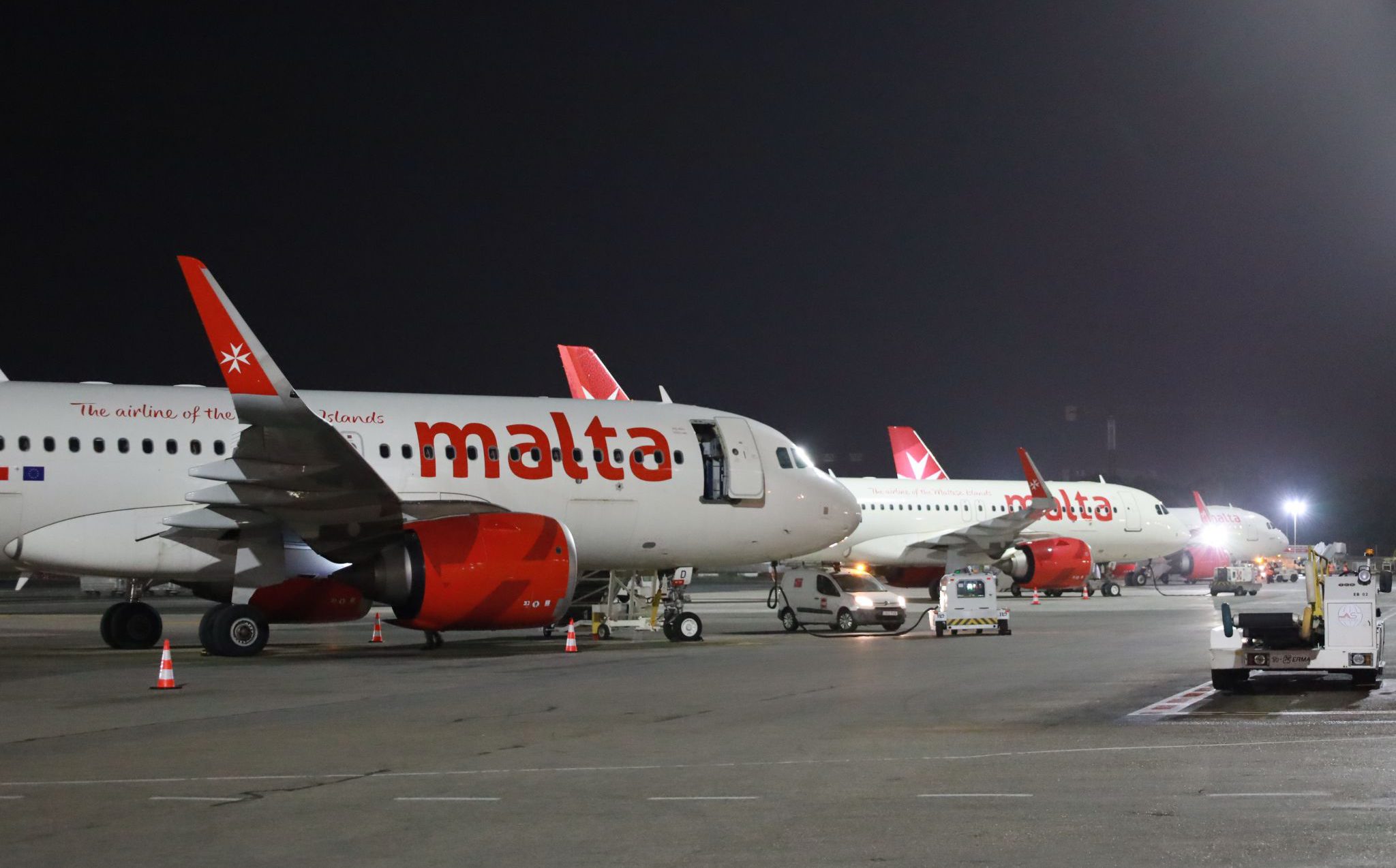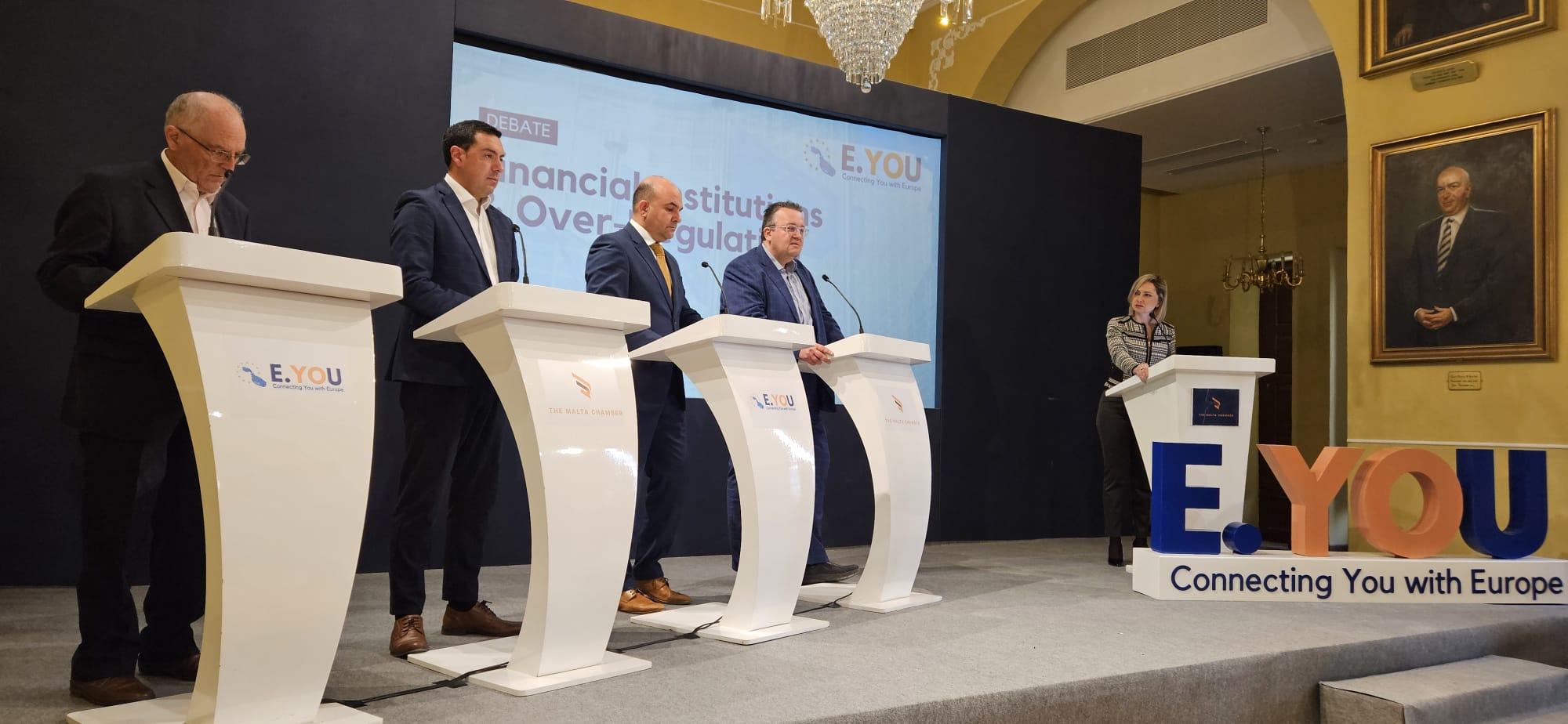Calls by business associations, the Opposition, and civil society to revise changes to parental leave due to be introduced next year do not seem to have been heeded, with Prime Minister Robert Abela indicating that, as far as Government is concerned, the issue is ‘case closed’.
The Prime Minister responded on Tuesday to a series of parliamentary questions posed by Opposition Spokesperson for Employment Ivan Castillo about the changes, which constitute the transposition into Maltese law of the European Union’s work-life balance directive.
Mr Castillo first asked whether any further meetings between the authorities and the private sector are planned regarding the directive, with the Prime Minister replying that the Government is “always committed to remain in constant dialogue to ensure that workers rights continue improving”, but providing no indication of any plans for further discussion.
The Government’s proposals have been criticised for doing the bare minimum stipulated by EU law, with many noting that, while being a welcome improvement over the current situation, do not go far enough in supporting gender parity in caregiving.
Mr Castillo asked whether there is any intention to add to the rights established in the directive, noting that the directive establishes a common minimum, and therefore leaves room for national authorities to introduce more generous conditions or additional measures.
Prime Minister Abela responded by identifying elements of the Maltese law that do in fact go beyond the EU minimum.
He said that the Government paid particular attention to ensure that no type of family is excluded from the directive’s provisions, and drew attention to the extension of its remit as regards parental leave to also include adoptive and foster parents.
He also noted that the transposition of the provisions for leave for carers in Maltese law allows for more flexibility than envisaged in the European directive, as it can also be availed of in cases beyond those strictly related to serious illness.
Further questions as to whether the paternal, parental, and carers leave introduced, which are the minimum established at European level, might be increased, were deflected by the Prime Minister, with all signs now pointing to no further amendments being introduced before the law goes into effect.
Upcoming changes
New laws surrounding parental leave will see parents entitled to up to two months of paid leave at the national parental leave rate, and an additional two months of unpaid leave that are transferable from one parent to the other. Currently, each parent gets four months of unpaid leave.
It was explained that under the new rules, parental leave can be taken gradually throughout the first eight years of parenthood, however parents must take 50 per cent in the first four years – equating to four weeks.
Between the fourth and sixth years, parents are eligible to take two weeks paid leave, while the remaining two can be taken between the sixth and eighth years.
Furthermore, parents are being empowered to request flexible working arrangements from their employers for the first eight years of their children’s lives.
The legislative changes will come into effect on 2nd August, with Government to finance all measures until 2023. As of January 2024, the private sector will be legally required to finance the leave entitlement.
Carers leave
A new form of leave has also been introduced, allowing individuals to take time off to care for a dependent who is ill. A total of five days unpaid leave has been introduced.
Those eligible are individuals with family members who need caring for, or individuals who reside in the same household as another, not necessarily related, who also requires caring for.
This new tier of leave will not be taken from the personal or sick leave allotment.
Valletta ranks 8th most expensive European capital city to live in – study
While London is the most expensive, Bucharest is the most affordable
KM Malta Airlines cancels flights between Malta and Paris on Thursday due to air traffic control strike
Impacted customers can opt for an alternative flight or apply for a full refund
WATCH: MEPs in dialogue – Financial institutions and over-regulation
This is the third in a series of debates designed to engage citizens in the lead-up to the MEP elections ...






